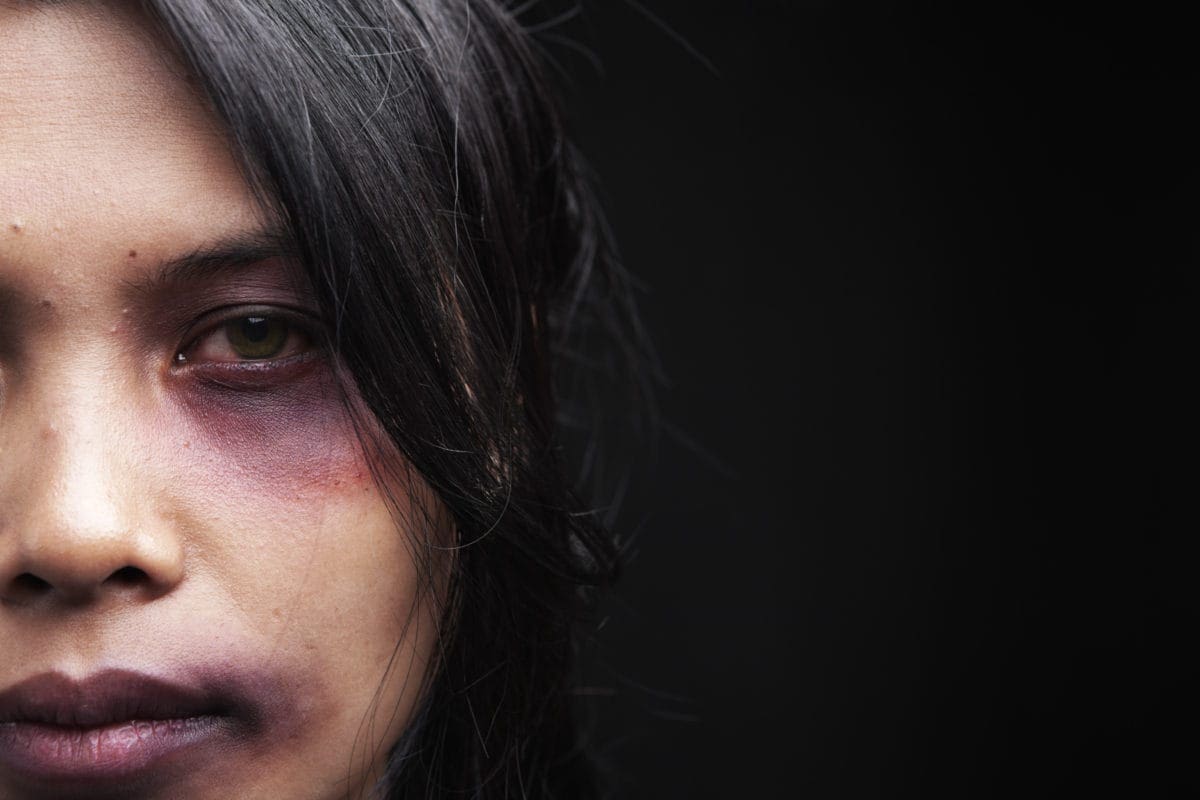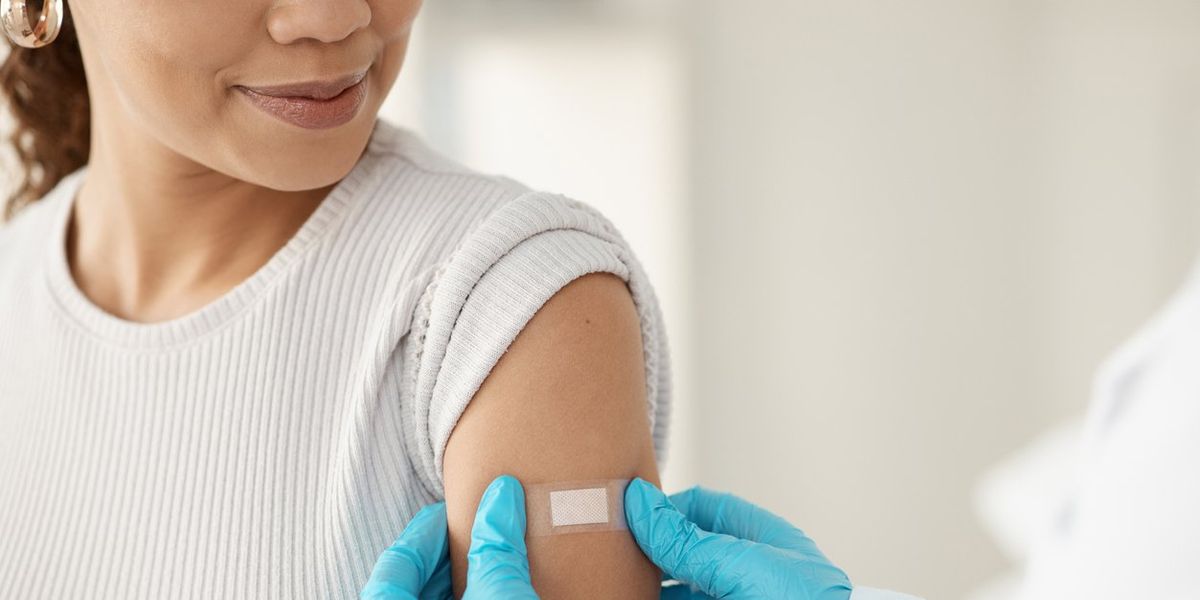The National Domestic Violence Hotline is available 24 hours a day, 7 days a week. You can chat online or call 1-800-799-7233.
Domestic violence is abuse by a caregiver, parent, spouse, intimate partner, or other family member. Abuse can take many forms. All forms of abuse can make you feel depressed, anxious, or isolated. Some types of abuse include:
- Physical abuse: The use of physical force to cause harm. This includes hitting, kicking, or biting.
- Sexual abuse: This is any forced sexual activity.
- Emotional abuse: This includes threats, constant criticism and belittling.
- Controlling behavior: This could take the form of controlling money, activities, friends, family, etc.
Violence against a partner or child is a crime in every state. While abuse primarily occurs against girls and women, it can also affect boys and men. National Coalition Against Domestic Violence Reports indicate that members of the LGBTQ+ community may be more likely to be victims of domestic violence than heterosexuals. Abuse affects people of all races, ages, incomes, and religions. People who are harmed by their partners, parents, or guardians do not cause abuse. Alcohol and drugs do not cause abuse, although they can make violence worse.
Path to better health
If you or your children are in an abusive relationship, talk to your doctor. Your doctor can treat any medical problems related to the abuse, provide support, and recommend additional resources. Also, call an emergency shelter and ask about support groups and counseling for you and your children. Nurses, social workers, and other health care professionals can help.
Things to consider
If you or your children are being abused, the first thing you should do is get to safety. Go to a safe place, such as a friend’s house, a relative’s house, or an emergency shelter. Take your children with you. Call the police if you feel you cannot leave the house safely. Call the police if you want to press charges against your abuser.
If possible, take house keys, money, and important documents with you when you go out. Do not use drugs or alcohol. Be alert in case of a crisis. Emergency shelter staff can help you apply for a court order of protection.
Physical injuries and emotional scars are often associated with domestic abuse. Physical injuries include:
- Cuts and bruises around the neck, face, head, abdomen (stomach), arms, legs, feet, fingers, and buttocks.
- Loose or broken teeth
- Ruptured eardrum
- Cigarette burns
- Bite marks
- Rope burns
- Hives (raised red marks) on the body from being hit by an object, such as a belt.
In many cases, a victim of domestic abuse may have scars from past injuries. Out of fear, some victims avoid seeking medical treatment for their injuries.
The emotional scars of domestic abuse can lead to other physical problems, including:
- Headaches
- Neck Pain
- Chest pain
- Rapid heartbeat
- Sensations of suffocation
- Sensations of numbness and tingling.
- Pain during sexual intercourse (vaginal, pelvic, rectal)
- Urinary tract infections
- Stomachache
The psychological effects of domestic abuse can lead to a range of emotional problems, including:
- Anxiety
- Depression
- Chronic fatigue
- Suicidal thoughts
- Risky behavior (substance abuse, bad relationships)
The victim’s behavior can be a warning sign for close friends and family. If you’re concerned that a friend or loved one has been abused, look for these signs:
- Bad eye contact
- Too quiet
- Passive (letting a parent, partner or caregiver speak for them and make decisions for them)
- Wearing clothing that is not appropriate for the season (possibly to cover cuts and bruises)
- Fear
If you suspect domestic violence is occurring or are a victim of domestic violence, call the National Domestic Violence Hotline immediately. Do not let known cases of violence go unreported. Contact your local law enforcement authorities. Many communities have shelters for victims of domestic violence and their families.
Questions to ask your doctor
- What local resources can protect me and my children from my abuser?
- How can I tell if my child has been physically, sexually or emotionally abused?
Resources
National Institutes of Health, MedlinePlus: Intimate Partner Violence
Office on Women’s Health: How to Leave an Abusive Relationship






